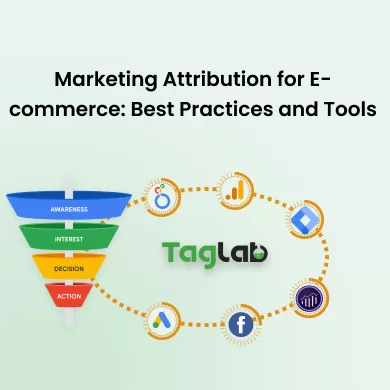Your cart is currently empty!
Data Compliance
Posted by:
|
On:
|
Data Compliance refers to the adherence of organizations to legal and regulatory requirements regarding data protection, privacy, and security. As data handling becomes increasingly regulated, businesses must ensure that they manage customer and business data responsibly to avoid legal penalties and maintain customer trust. Data compliance encompasses a variety of laws and standards that dictate how organizations collect, store, process, and share data.
Detailed Explanation
Data compliance is governed by several key elements and regulatory frameworks:
- Legal Frameworks: Various laws regulate data compliance, including:
- General Data Protection Regulation (GDPR): A European Union regulation that establishes guidelines for the collection and processing of personal information from individuals within the EU.
- Health Insurance Portability and Accountability Act (HIPAA): A US law that sets standards for the protection of health information.
- California Consumer Privacy Act (CCPA): A state law that enhances privacy rights and consumer protection for residents of California.
- Data Protection Policies: Organizations must develop and implement data protection policies that outline how data is collected, used, stored, and shared, ensuring compliance with relevant regulations.
- Data Security Measures: Compliance involves implementing appropriate security measures, such as encryption, access controls, and regular security audits, to protect sensitive data from unauthorized access and breaches.
- Employee Training: Employees should be trained on data compliance policies and best practices to ensure that everyone in the organization understands their responsibilities regarding data handling.
- Monitoring and Auditing: Organizations must regularly monitor and audit their data practices to ensure ongoing compliance and identify areas for improvement.
Importance of Data Compliance
Ensuring data compliance is critical for several reasons:
- Legal Protection: Compliance helps organizations avoid legal penalties, fines, and lawsuits that can arise from non-compliance with data protection laws.
- Consumer Trust: Demonstrating a commitment to data compliance builds trust with customers, as they are more likely to engage with businesses that prioritize their privacy and security.
- Operational Efficiency: Implementing clear data handling policies and procedures can streamline operations and reduce risks associated with data breaches and non-compliance.
- Competitive Advantage: Organizations that prioritize data compliance can differentiate themselves in the marketplace, attracting customers who value privacy and data protection.
- Risk Management: A strong compliance framework enables organizations to better manage risks associated with data handling and cybersecurity threats.
Examples
- GDPR Implementation: A company operating in the EU conducts a comprehensive audit of its data processing activities and updates its privacy policy to align with GDPR requirements.
- HIPAA Compliance: A healthcare provider implements secure electronic health record systems and employee training programs to meet HIPAA standards for protecting patient information.
- CCPA Compliance: A California-based business adds features to its website that allow customers to easily access and manage their personal data, in accordance with the CCPA.
Related Terms
- Data Protection
- Data Privacy
- Regulatory Compliance
- Information Security
- Data Governance
Frequently Asked Questions
What is Data Compliance?
Data Compliance refers to the adherence of organizations to legal and regulatory requirements regarding data protection, privacy, and security.
Why is Data Compliance important?
Data Compliance is important because it helps organizations avoid legal penalties, builds consumer trust, enhances operational efficiency, provides a competitive advantage, and improves risk management.
What are some common data compliance regulations?
Common regulations include GDPR, HIPAA, and CCPA, each addressing different aspects of data protection and privacy.
How can organizations ensure Data Compliance?
Organizations can ensure Data Compliance by developing data protection policies, implementing security measures, training employees, and regularly monitoring and auditing their data practices.


